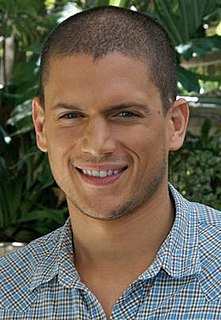A Quote by Nicole Krauss
I think in the whole field of questions about what we take to be "real," one of those questions is about the self. When you talk about the self we're always talking about whether it's a construction and it's a construction we're always in the process of working on. I don't think that work ever ends, to some degree.
Related Quotes
My background is such that I am uneasy about religious laws, I think there's always a real danger when you start appealing to a higher authority. It's self-righteousness, it's not righteousness, it's self-righteousness that takes control. But I think that it's absolutely crucial that that's not confused with the debate that takes place over Shari'a law in Great Britain at the moment. Because as far as anybody is concerned, when you talk about Shari'a courts now you're talking about - I don't know what people think.
The great philosophers of the 17th and 18th centuries did not think that epistemological questions floated free of questions about how the mind works. Those philosophers took a stand on all sorts of questions which nowadays we would classify as questions of psychology, and their views about psychological questions shaped their views about epistemology, as well they should have.
I guess I was just always one of those guys who asked those fundamental questions: 'Who am I? What's this for? Why? What does this mean? Is this real?' All these pretty basic questions. I like making movies about people who are self-conscious in that way, and are trying to feel their way through the world.
Lately I've been thinking about the idea that all novels are, at least in some way, about the process of writing a novel - that the construction of the book and the lineage of people constructing novels are always part of the story the author is telling. I think the equivalent for memoir should be that all memoirs are, in some way, about the process of memory. Memoirs are made out of a confusing, flawed act of creation.
I think there's some pretty amazing language in the Bible. The thing that's always been interesting to me about religion is that compared to the more modern spirituality, the West Coast pseudo-Buddhist thing that people go for these days, actual Buddhism and Islam have been looking at these philosophical questions, at really hard questions, for a long time. There's a lot of stuff that philosophy doesn't talk about, and in the secular world, a lot of times, people don't talk about these ideas, and that was always really interesting for me.
I close my eyes and I take a deep breath and I think about my life and how I ended up this way. I think about the ruin, devastation and wreckage I have caused to myself and to others. I think about self-hatred and self-loathing. I think about how and why and what happened and the thoughts come easily, but the answers don't.







































